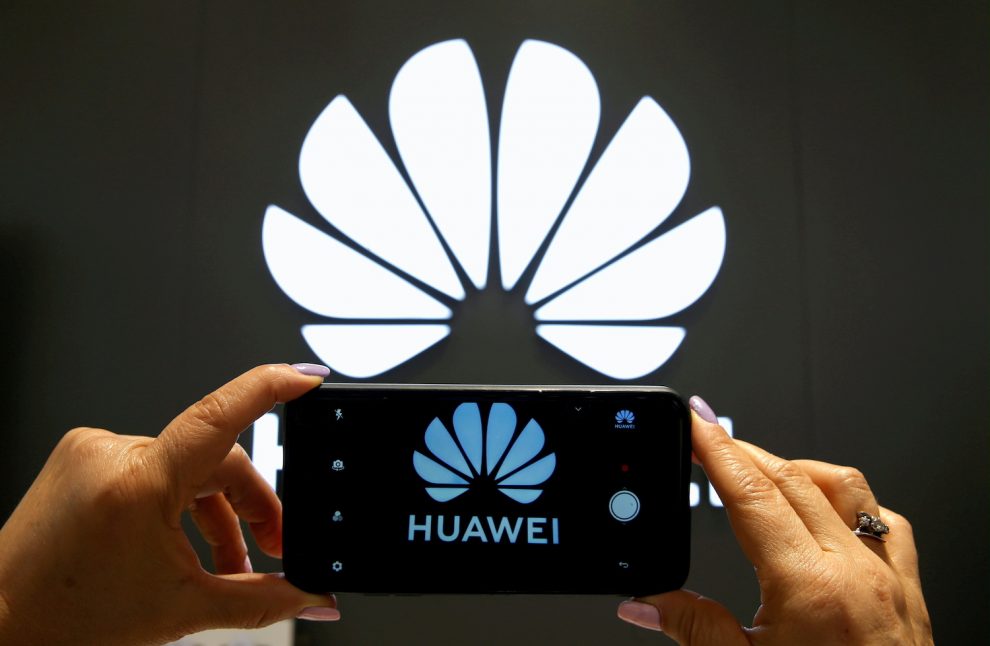China’s Huawei Technology will see revenue from its smartphone business drop by at least $30-40 billion this year as the company continues to grapple with US restrictions on its supply chain, its rotating chairman Eric Xu said.
While the firm has been “getting used to US sanctions” imposed on it since 2019, its new 5G-related business areas cannot offset the losses from the handset business, Xu said at a press conference in Beijing on Friday.
Former US president Donald Trump put Huawei on an export blacklist in 2019 and barred it from accessing critical US-origin technology, impeding its ability to design its own chips and source components from outside vendors.
Xu said his “biggest hope” for the company is that it will still exist in five to 10 years.
While China’s efforts to develop its semiconductor industry have shown “quite encouraging results”, addressing Huawei’s supply chain challenges will take a long time, he said.
The company has been looking for new areas for growth such as 5G and AI-based infrastructure upgrades to airports and mines. China will be a world leader in applying 5G technology in the next few years, Xu said.
FURTHER US ACTION ‘POSSIBLE’
Meanwhile, US Commerce Secretary Gina Raimondo said on Thursday the Biden administration will take further action against Chinese telecoms firm Huawei if necessary, after some Republican lawmakers have pressed for more steps.
Washington says Huawei is a national security threat on a variety of grounds and aggressively lobbied other countries not to use Huawei equipment in next-generation 5G networks. Officials point to Huawei’s ties to the Chinese government and military, saying this makes the company susceptible to “Chinese governmental pressure to participate in espionage.”
In an interview, Raimondo was asked about Huawei and recounted how she told Republican lawmakers in January “that I wouldn’t be soft and now the proof’s in the pudding –we haven’t been. They shouldn’t worry.”
Former president Donald Trump added Huawei to the US Entity List in May 2019. Raimondo said the list “is a really powerful tool in our toolbox, and we will use it to the fullest extent possible to protect American national security.”
She added: “Will we do more? If we need to, yes.”
Huawei declined to comment on Raimondo’s remarks.
Last November, the Chinese telecom giant said it was selling its budget brand smartphone unit, Honor Device Co, to a consortium of over 30 agents and dealers. Last month, a group of 14 Republican lawmakers in the US House of Representatives asked the Commerce Department to add Honor to the Entity List.
The Republican lawmakers said Honor was spun off “to evade US export control policies.” The letter cited analysts saying that “selling Honor gave it access to the semiconductor chips and software it relied on and would have presumably been blocked had the divestiture not gone through.”
Raimondo noted the Commerce Department has continued to add other companies to the Entity List.
In June, five additional Chinese companies were added after the department said they were involved with the forced labour of Uyghurs and other Muslim minority groups in Xinjiang.
“We’re continuing to work on our export controls,” she said.
• Reuters with additional editing by Jim Pollard
This report was updated on Sept 24.
ALSO SEE:
US Seen Approving Licences for Huawei to Buy Auto Chips
Huawei launches homegrown mobile phone system
Switch to software innovation, Huawei founder urges
























